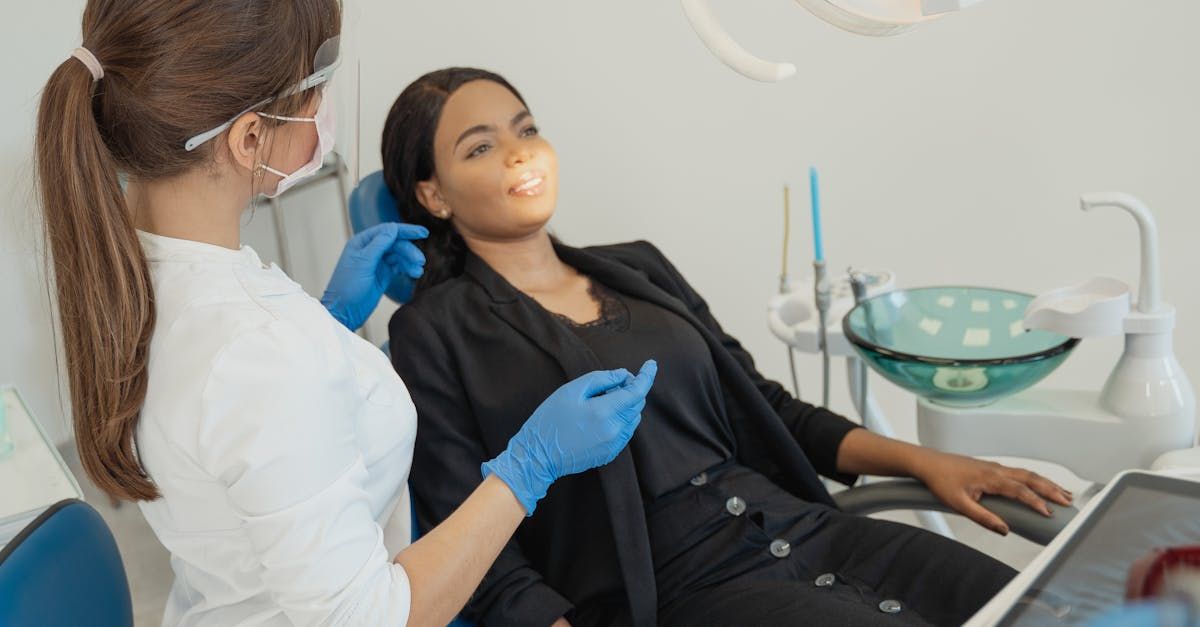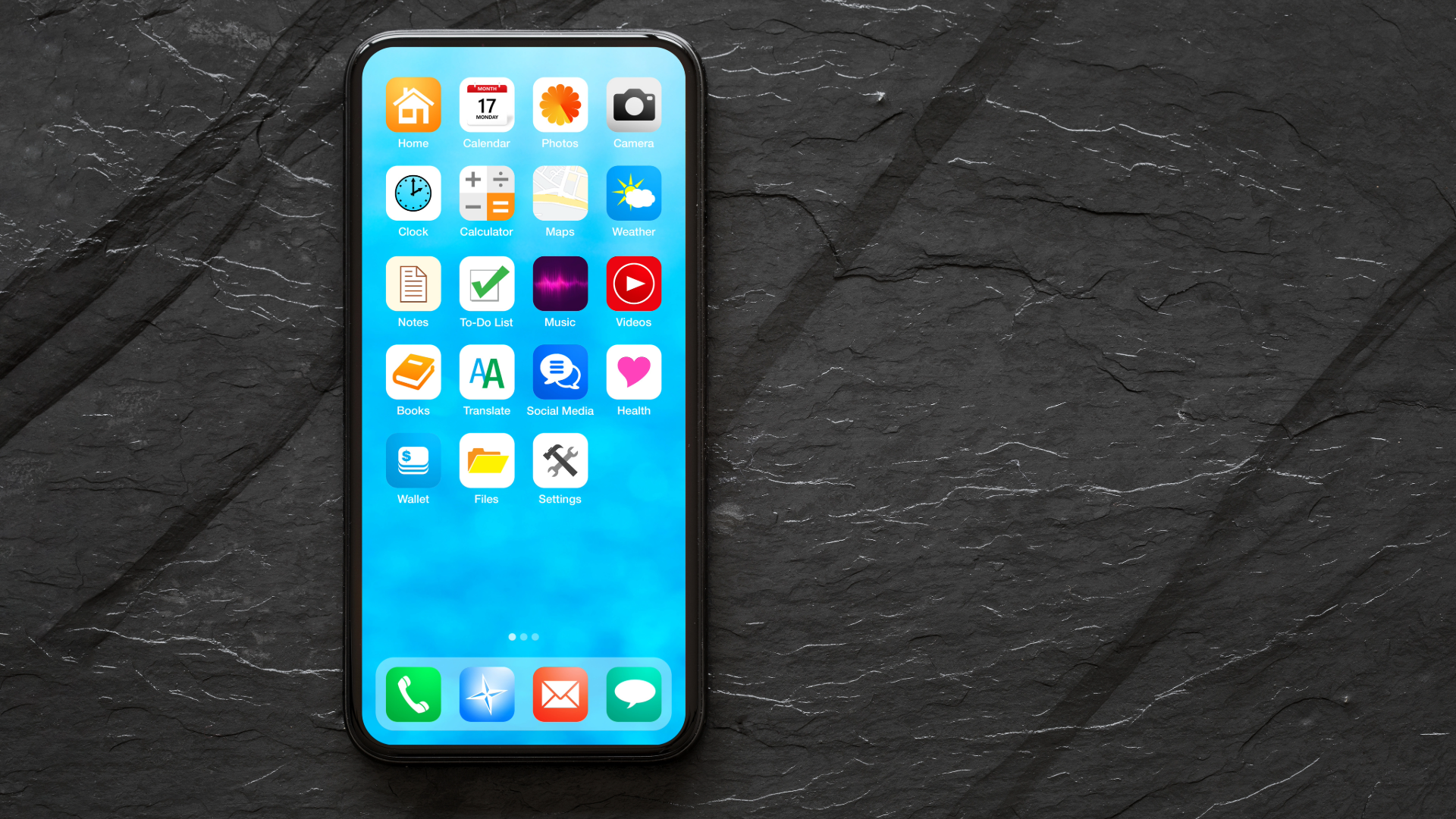Do you need dental insurance?
Be proud of your smile again

Why Dental Insurance is Worth Purchasing: A Comprehensive Guide
Dental health is an essential part of overall well-being, yet it is often overlooked in our healthcare planning. Many people underestimate the importance of regular dental care and the costs associated with it. Dental insurance can be a valuable investment, providing both financial protection and access to necessary dental care. Here’s why dental insurance is worth purchasing.
1. Affordability of Preventive Care
Dental insurance typically covers a significant portion, if not all, of the costs associated with preventive care, such as routine cleanings, exams, and X-rays. These preventive services are crucial for maintaining good oral health and can help prevent more serious and costly dental issues down the road.
Regular Check-Ups: Insurance encourages routine dental visits, ensuring early detection and treatment of potential problems like cavities and gum disease.
Cost Savings: By covering preventive care, dental insurance helps you avoid expensive treatments resulting from neglected dental health.
2. Coverage for Basic and Major Procedures
Dental insurance provides coverage for a range of dental procedures beyond routine cleanings, including:
Fillings and Extractions: Basic procedures are often covered at a higher percentage, reducing out-of-pocket expenses.
Crowns, Bridges, Root Canals, Implants and Dentures: Major procedures can be expensive, but dental insurance helps offset these costs, making necessary treatments more affordable.
Orthodontic Treatment: Some plans offer coverage for orthodontic procedures, including braces, which can be beneficial for families with children.
3. Financial Protection Against Unexpected Costs
Dental emergencies, such as a chipped tooth or sudden toothache, can occur unexpectedly and result in significant expenses. Dental insurance provides a financial safety net, helping to cover the costs of emergency care and reducing the financial burden on your family.
Emergency Care: With dental insurance, you can receive prompt treatment for unexpected issues without worrying about the financial implications.
Peace of Mind: Knowing you have coverage for unforeseen dental problems provides reassurance and allows you to focus on recovery rather than costs.
4. Encouragement of Good Oral Health Habits
Having dental insurance can motivate individuals to prioritize their oral health and adhere to recommended dental care routines. Regular visits to the dentist foster better oral hygiene practices and awareness, contributing to long-term health benefits.
Healthier Lifestyle: Consistent dental care encourages healthier habits and contributes to overall wellness.
Prevention of Systemic Health Issues: Good oral health is linked to a reduced risk of systemic conditions such as heart disease and diabetes, emphasizing the broader importance of dental care.
5. Cost-Effective Plans for Individuals and Families
Dental insurance plans are often more affordable than other types of health insurance, making them accessible to individuals and families alike. Many employers offer dental insurance as part of their benefits package, further reducing the cost burden.
Flexible Plans: A variety of plans are available to suit different needs and budgets, allowing you to choose the coverage that best fits your situation.
Employer Benefits: Taking advantage of employer-sponsored plans can lead to significant savings on dental care costs.
6. Long-Term Savings
Investing in dental insurance can lead to significant long-term savings by reducing the cost of both preventive and major dental treatments. This proactive approach to dental care can prevent the need for more extensive and costly procedures in the future.
Reduced Overall Costs: By addressing dental issues early and maintaining regular care, you minimize the risk of expensive treatments later on.
Investment in Health: Prioritizing dental health through insurance is an investment in your overall health and quality of life.
Conclusion
Dental insurance is more than just a financial safeguard; it is a vital component of maintaining good oral and overall health. By making dental care more affordable and accessible, insurance encourages preventive practices and ensures that necessary treatments are within reach. Whether through an employer-sponsored plan or an individual policy, dental insurance is a worthwhile investment that pays dividends in both health and financial stability.
Recent posts



